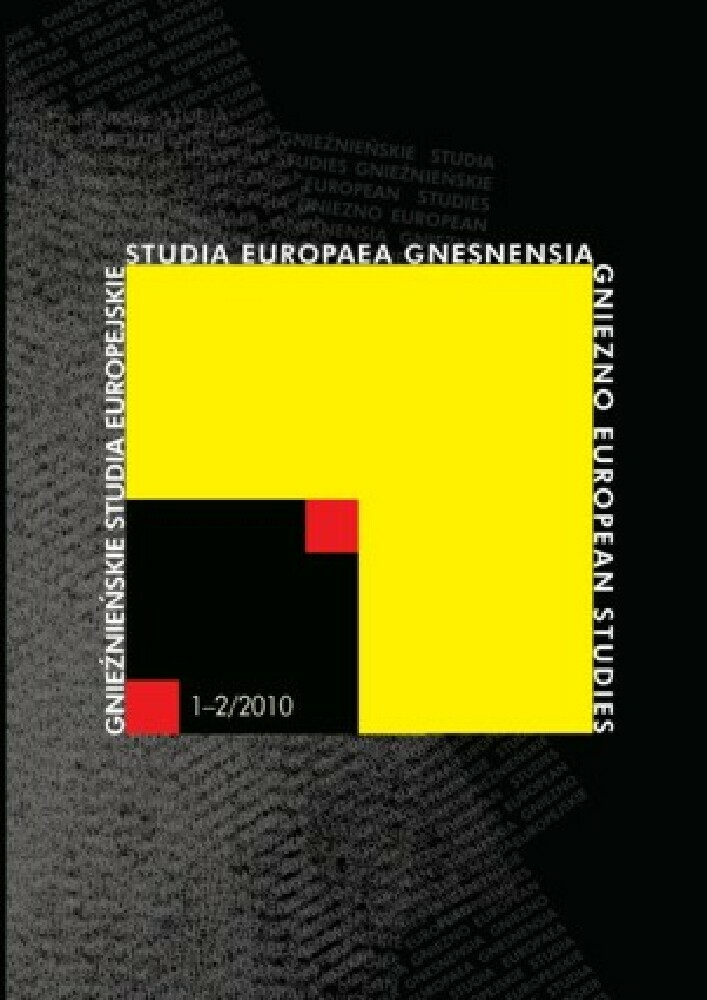Abstract
According to a contemporary Pole, Ukraine is a country which, having broken out of the clutches of communism, makes its way towards Europe, the place it has always belonged to. The proof of that are the Ukrainians’ European aspirations—to become a member of the EU or NATO, as well as the events of the Orange Revolution, which proved that Ukrainians are mature enough to break free from Russia for the sake of democratization of the country, following the example of Western European countries. However, Ukrainians themselves are no longer so unanimous. A careful look at the country of our neighbours makes it evident that both in the sphere of politics as well as culture the Ukrainian nation is strongly divided. This was demonstrated by the Orange Revolution, which made the West realise that in Ukraine a fight is taking place, where the choice of an eastern or western variant is at stake. Ukrainians are also divided as far as their identity is concerned, both cultural and national, for whose roots they are still searching, both in Russia and Western Europe. We may say that as far as the matter of their place on earth is concerned, Ukrainians are almost in exactly the same place as they were eighty years ago.
Literaturhinweise
Ahejewa W., Poetyka paradoksa. Intełektualna proza Wiktora Petrowa-Domontowycza, Kyjiw 2006.
Chwylowyj M., Pro „satanu w boczci”, abo pro hrafomaniw, spekulantiw ta inszych „proswitian” (Perszyj łyst do literaturnoji mołodi), [w:] idem, Twory w pjatioch tomach 4, NiuJork–Baltimor–Toronto 1983.
Kawun L., „Mjateżni” romantyky witajizmu: proza WAPLITE, Czerkasy 2006, s. 157.
Meżenko J., Szlachy rozwytku suczasnoji literatury. Dysput 24 trawnia 1925 r., Kyjiw 1925, s. 11–12.
Poliszczuk J., Heokulturni orientaciji 1920–1930 rr., [w:] idem, Literatura jak heokulturnyj
proekt, Kyjiw 2008, s. 205. DOI: https://doi.org/10.7209/tanso.2008.205
Riabczuk M., Poczatok kincia: hromadśke suspilstwo i nacionalna emansypacija, [w:] idem,
Dyłemy ukrajinśkoho Fausta: hromadśke suspilstwo i „rozbudowa derżawy”, Kyjiw 2000, s. 42.
Shkandrij M., Modernists, Marxists and the Nation. The Ukrainian Literary Discussion of the 1920s, Edmonton 1992.
Waśkiw M., Ukrajinśkyj roman 1920-ch–poczatku 1930-ch rokiw: generyka j architektonika, Kamjaneć Podilśkyj 2007, s. 59.
Zerow M., Ewropa — proswita — oswita — liknep, [w:] idem, Do dżereł. Istoryko-literaturni ta krytyczni statti, Krakiw–Lwiw 1943, s. 255.
Lizenz
Copyright © 2010 by IKE and PTPN
